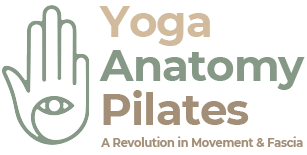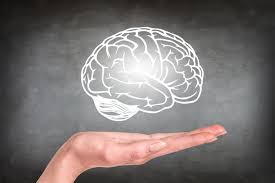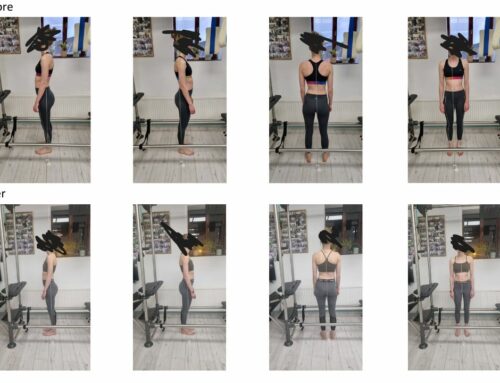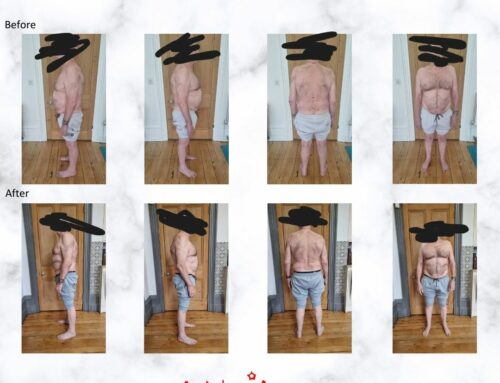When researching the figures for 2017 on depression in the UK. The Office for National statistics could not provide specific statistics, however, the charity ‘MIND’ was more helpful. Nowhere in my research could I find education on the gut-brain and its key link to depression. As BBC ‘Doctor in the house’ pioneer Dr.Chattergee pioneers to change our strategy, the link between gut brain and depression is seeping through functional medicine practitioners.
Fact: “Our genes load the gun, but it’s our environment that pulls the trigger”.
Did you know that one in every five people will get depression? Depression is the name given to symptoms. Depression arises when there is chronic inflammation in the body. Kings College in London recently released a medical paper showing that patients with high inflammation did not respond to antidepressants. Antidepressants are designed to raise the level of chemicals in our brain. However what if that chemical is already high and the depression is linked to the inflammation. As a CHEK practitioner, we would look at thoughts/emotions, breathing habits, hydration, food and gut microbiome, sleep, exercise and teh four doctors – Dr Quite, Dr.Diet, Dr.Movement and Dr Happy.
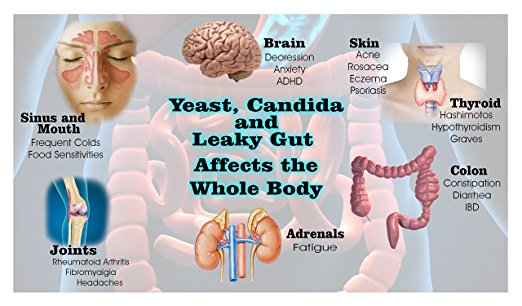
Fact: “60 % of the immune system starts in the git( Gastro-intestinal-tract)”.
Every mental health advert, course, the workshop I’ve seen leaves this vital clue out to the bigger picture. Any medical practitioner you talk to will admit thee physiological causes of depression are not well understood. Famous celebrities tell us they have a chemical imbalance. If this is the case why is it that some antidepressants work well for some and not for others.
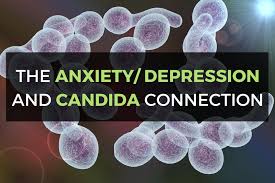 Fact: “Any inflammation in the body will create an immune reaction which cascades other problems”.
Fact: “Any inflammation in the body will create an immune reaction which cascades other problems”.
Doug Kauffman cancer and the fungal link pioneer found that every patient that was taken off antidepressants and placed on his phase 1 diet, showed amazing improvements in their depressive symptoms and welcomed a normal lifestyle.
Fact: Lack of protein absorption, or not chewing our food properly is extremely common. In fact, 90% of us will be protein deficient that is to say we will be prone to fungal infections and digestive issues.
How can this be possible?
The following research paper called “Carbohydrates and depression” (Wurtman, Richard J., and Wurtman, Judith J. Scientific American, January 1989, pp 68-75), tells us teh diet-related link to depression. The sufferers crave excessive amounts of carbohydrates to improve their mood.
Fact:” We absorb 60% of what goes on our skin into the body, so if you won’t eat it, don’t use it”.
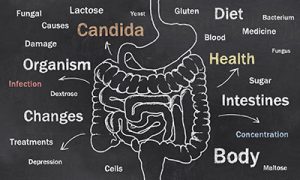
The landmark article by W.G Crook, M.Dcalled “Depression associated with Albicans discussed by David. A . Holland, M.D in his article in this chapter) described a direct link between food consumed (carbohydrates) and depression symptoms in (candida) yeast patients. While there are many causes and effective treatments for depression, those with candida symptoms should consider the antifungal and candida diet, as this protocol has worked wonders.
The liver connection & depression
You have heard of the sayings “Green with envy”, “Angry liver”. There is truth in the saying. You will notice the morning after consuming alcohol that you may be short-tempered. Your liver is now working harder. All the blood from the gastro intestine (hepatic first phase) has to pass through the liver first before hitting the bloodstream. Your liver depends on good circulation to function efficiently. Alcohol is known to be a powerful toxin that will damage the liver.
Common signs & symptoms of suboptimal detoxification
- Chronic fatigue & lethargy
- Depression, anxiety & or mood swings
- Poor short-term memory and concentration
- Anemia
- Dark circles under the eyes
- Infertility
- Adverse reactions/ sensitivity to environmental chemicals. Odours & or nutritional supplements
Bibliography
“The fungus link” Doug Kauffman
“Fully functional gut”- Emma Lane
